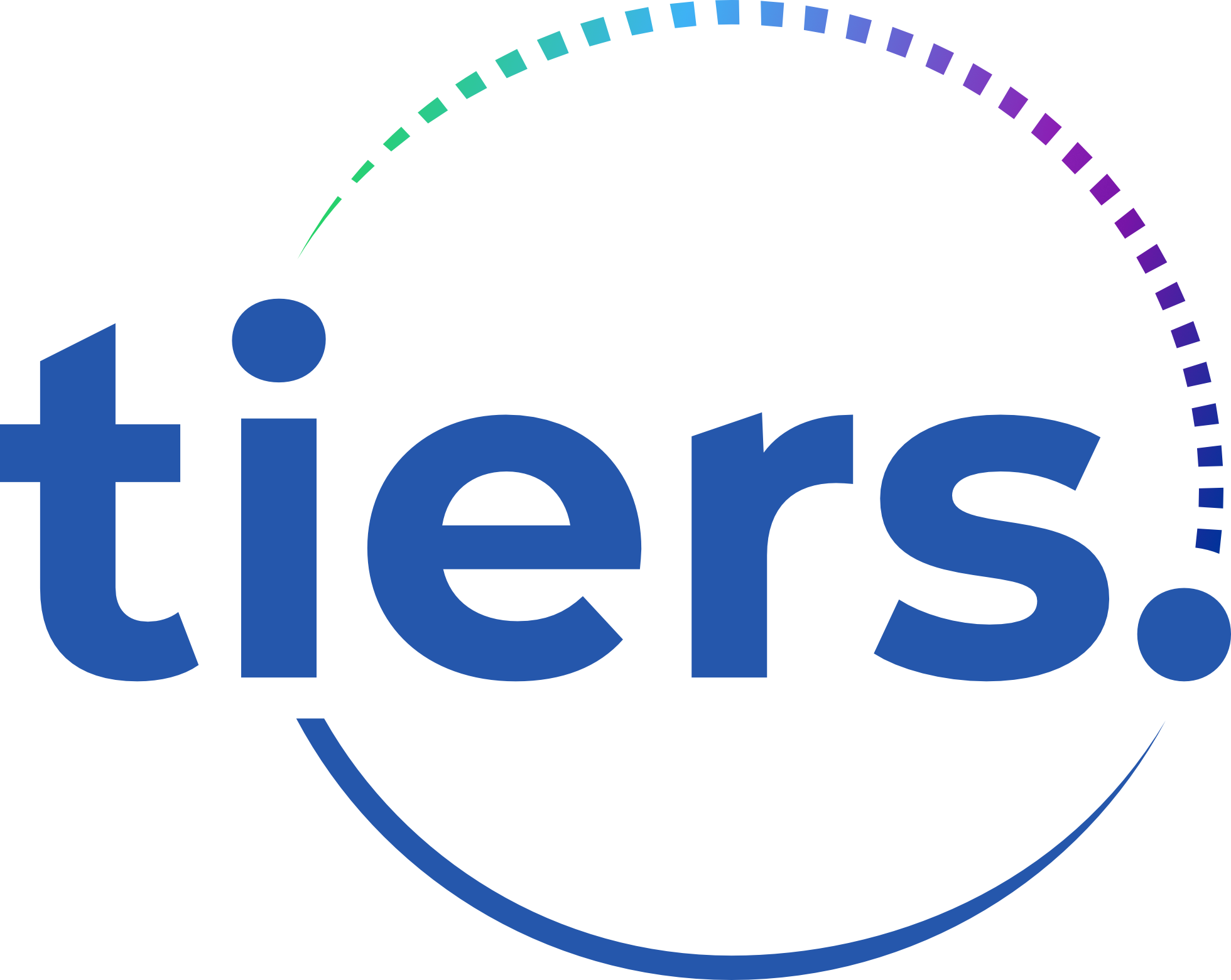Have you ever found yourself at the crossroads of the insurance policy web and wondered if the terms and conditions speak a language that only insurance companies understand? Do not be afraid! Welcome to a realm where your questions are answered and accepted. Are you curious about the ins and outs of insurance policies in Kenya? Ready to unlock the power of knowledge and take control of your financial protection?
Let’s embark on this enlightening adventure, starting with the essential insurance policy terms key to protecting your assets and well-being!
First of all, the main terms:
- Policyholder: The individual or entity who owns the insurance policy.
- Insurer: The company that provides the insurance coverage.
- Premium: The amount you pay to the insurer for the coverage.
- Coverage: The specific risks or damages the insurance policy will compensate for.
These terms are just the tip of the iceberg. As you explore this guide more, you’ll get acquainted with more Terms & Conditions, helping you fully understand your insurance policy.
Understanding the Fine Print: Key Concepts You Should Know
Decoding your insurance policy may seem daunting, but fear not. You can follow a few key steps to understand the terminology and conditions better. I’ll guide you through this process to make it more manageable and ensure that you’re fully informed. Knowledge really is power, especially when it comes to your financial protection.
Breaking it Down: Section by Section
Insurance policies typically follow a common structure, with specific sections providing different types of information. By understanding the purpose of each section, you can start to decrypt the jargon and cut through the legalese.
- Declarations: This section highlights the who, what, when and where of the policy – detailing who is insured, what is covered, the financial limit of the procedure and the period of coverage.
- Insuring Agreements: This outlines the insurer’s commitment, clearly stating what risks they agree to cover.
- Exclusions: These are specific situations or circumstances under which the insurer will not provide coverage. This section requires close attention to avoid unpleasant surprises later.
- Conditions: You must follow these rules to keep the policy in effect. Breaching these conditions may result in the denial of a claim.
- Endorsements: These are additions or changes to the original policies. They can either restrict or expand your coverage.
Master the Lingo
Insurers have their language filled with terms and phrases foreign to the average person. It’s important to familiarise yourself with some of the commonly used terms.
Note: Once you grasp these terms, insurance documents will become easier to understand. It’s a bit like learning a new language – it will make sense with some practice.
Here are a few examples:
- Deductible: This is the amount you must pay out of pocket before your insurance coverage kicks in.
- Premium: This is the fee you pay to the insurance company in exchange for coverage.
- Coverage: This refers to your insurance policy’s protection against specific risks.
- Claim: A request made to your insurance company for compensation under the terms of your policy.
- Liability: This refers to financial obligation or responsibility covered under the policy.
By taking the time to understand each section and term, navigating your insurance policy will become second nature. This understanding will guide you in making informed decisions that serve your best interest.
Why every word matters in your policy
Insurance policy wording is precisely phrased for a reason – each term holds significance. Failure to interpret these terminologies correctly could cause you to believe you’re covered for a specific risk when you aren’t or lead to unwarranted surprises when submitting a claim.
Avoid Unpleasant Surprises
The more you comprehend your insurance policy, the less likely you will face unexpected revelations when filing a claim. For instance, the procedure may contain clauses about specific circumstances under which you would or wouldn’t be covered. Unless you read and understand each clause, you could find yourself in a pickle.
Knowledge is power
Familiarising yourself with the minute details of your insurance policy offers you leverage. How? You clearly understand what to expect, enabling you to ask the right questions, demand appropriate services, and know your rights.
Ultimately, your insurance policy is a crucial tool for safeguarding your life, health, business, and other elements important to you. Be the custodian of your future. Embrace reading your insurance policy’s fine print as an empowering and enlightening journey.
Identifying Potential Red Flags and Gaps in Your Insurance Policy
Just as you wouldn’t drive a car without familiarising yourself with the dashboard indicators, you shouldn’t manage an insurance policy without understanding the potential red flags. Identifying these warning signals can better equip you to avoid gaps in coverage and financial pitfalls. Let’s break down the top indicators that should prompt further investigation.
- Exclusions: Every policy has a section that describes what it doesn’t cover, often listed under ‘exclusions’. If this section is vague or offers broad-stroke exclusions, it may lead to unexpected denials of coverage when you file a claim.
- Broad language: Insurers sometimes use broad language to state the policy terms, making it a fertile ground for coverage gaps. Suppose a section of your policy uses general terms without sufficient detail. In that case, it may create confusion and potential coverage gaps.
- Waiting periods: Some policies implement waiting periods before certain coverages kick in. If your coverage needs are immediate, delays could financially impact you.
- Terms and conditions adjustments: Insurance companies can lower their risks by changing the terms and conditions. Regular reassessment of your policy’s T&Cs is essential to prevent surprises.
- Sub-limits: These are limits set within your overall policy limit for specific types of claims. Please pay attention to these caps because they might limit your claim payout.
- Endorsements: An endorsement alters the coverage of an insurance policy. Not understanding the impact of an endorsement can lead to coverage gaps. Therefore, be keen to review and understand the effect of any favours on your policy.
Remember, adequate preparation and understanding can steer you from potential coverage gaps and financial turmoil. Don’t hesitate to seek clarity from your insurance agent or a knowledgeable professional in the field when in doubt.
The Fine Print Checklist: Important Considerations for Policyholders
When it comes to understanding your insurance policy, it’s essential to remember the fine print tucked away in your insurance documents. Here, we’ll guide you through the important aspects you should consider while reviewing your insurance policy.
- Understand The Basics: Familiarise yourself with essential insurance terms. These include words like premiums, deductibles, copayments, and out-of-pocket max. Knowing these terms will prove valuable in understanding your policy.
- Know Your Coverage Type: You should thoroughly understand your coverage type. This can be broad, ranging from life health to property insurance. Moreover, recognising any add-ons or exclusions will provide a clearer picture of what your coverage extends to.
- Clarify The Policy Terms: This means your policy’s starting and ending dates. Keep tabs on these dates, as missing renewals or payments can lead to lapsed coverage.
- Evaluate Your Coverage Limits: Each policy often has individual and total coverage limits. It details the maximum amount your insurance will pay. Make sure these limits align with your needs and financial capacity.
- Decipher Your Insurance Provider’s Responsibilities: Your policy will outline what your insurance provider must do. This covers scenarios like claim settlements or alterations in your policy plan details.
Scrutinising your policy is a crucial task that can seem daunting, especially when dealing with insurance jargon. However, understanding these elements will give you a solid base to understand your coverage in depth. This would ensure your decisions are well-informed and you are adequately protected.
Rely on expert advice when in doubt. Insurance agents, brokers, and financial advisors can provide detailed insight and help navigate the complexities of the fine print.
Ultimately, it’s your right as a policyholder to understand what you’re signing up for fully. So, take your time, read everything carefully, ask questions, and ensure you’re comfortable with your policy’s terms and conditions. Stay informed, stay empowered, and decode the fine print!
Get informed on how to do more with your money.



